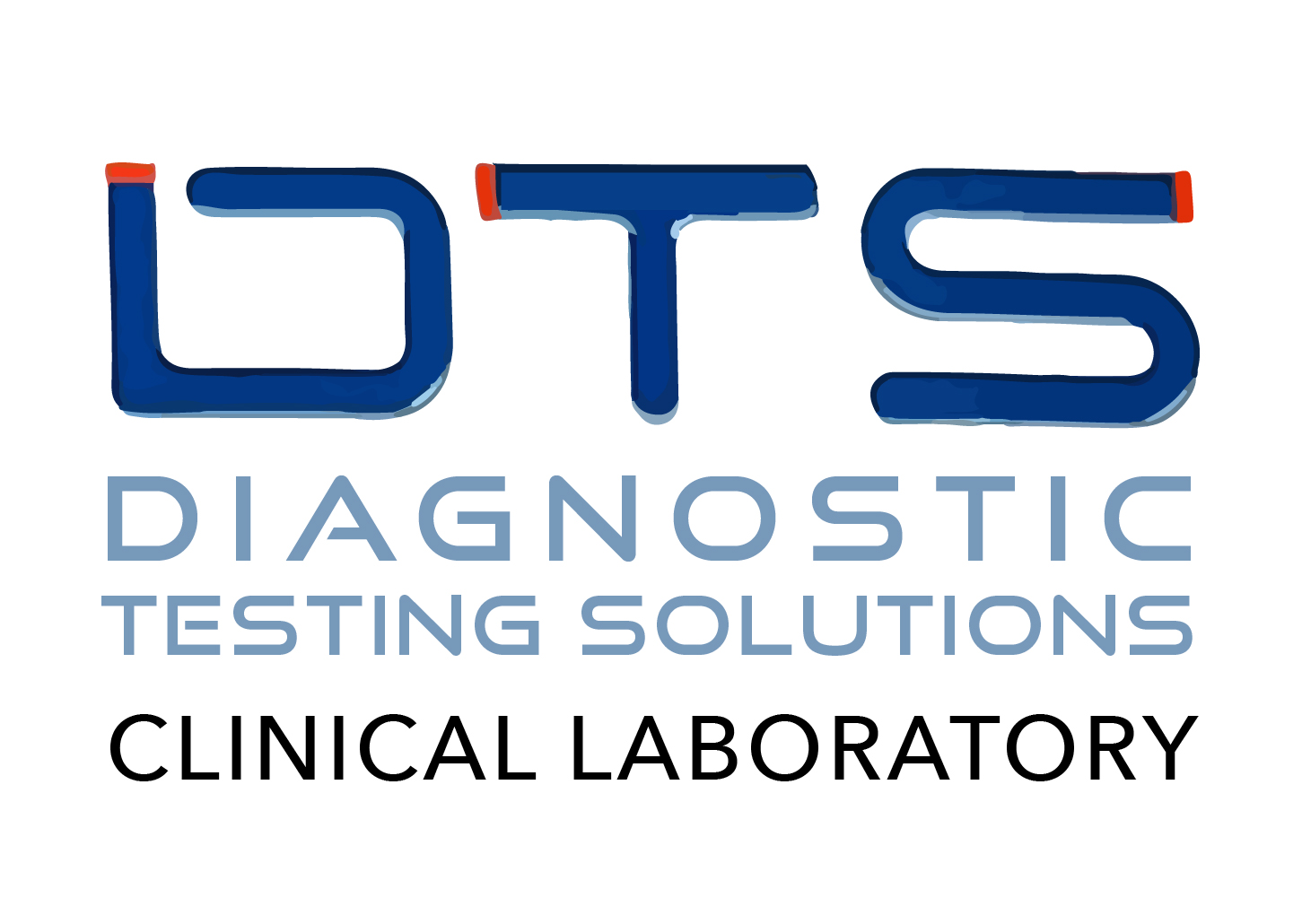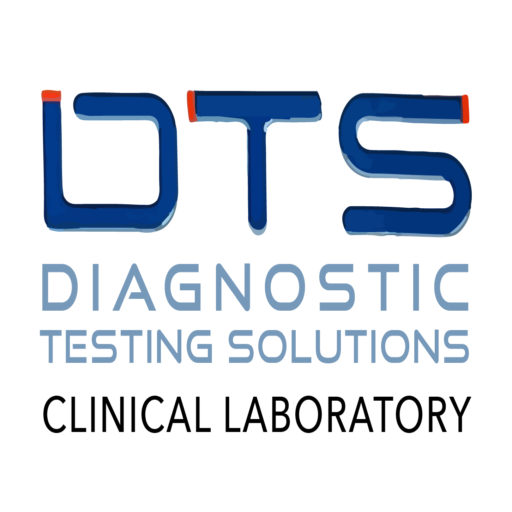
General health panel testing is a comprehensive approach to assessing your overall health. This set of blood tests provides a snapshot of various bodily functions, helping to detect potential health issues before they become serious problems. Scheduling a general health panel blood test regularly is crucial for maintaining good health and preventing disease.
General health panels typically include tests for blood sugar levels, cholesterol, liver and kidney function, and other vital parameters. By evaluating these markers, healthcare providers can identify early signs of conditions such as diabetes, heart disease, and other chronic illnesses. Early detection allows for prompt intervention, reducing the risk of complications and improving long-term health outcomes.
Understanding the Concept of Early Detection
Early detection refers to identifying health conditions at an early stage when they are more easily treatable. This proactive approach to healthcare can significantly impact health outcomes, leading to better disease management and, in some cases, complete prevention.
By catching diseases early, treatment can begin sooner, often leading to better prognosis and lower healthcare costs. Early detection is particularly beneficial for chronic diseases like diabetes, cardiovascular conditions, and cancer, where early treatment can prevent the disease from progressing to more severe stages.
Components of a General Health Panel
A general health panel typically includes the following tests:
Blood Tests
- Complete Blood Count (CBC): This test measures different components of your blood, such as red and white blood cells and platelets, to detect infections, anemia, and other conditions.
- Lipid Profile: Lipid Profile Assesses cholesterol levels, including LDL, HDL, and triglycerides, to evaluate heart disease risk.
- Glucose Levels: Monitors blood sugar levels to screen for diabetes.
Liver Function Tests
- ALT and AST: Enzymes that indicate liver health.
- Bilirubin: A byproduct of red blood cell breakdown that can signal liver or bile duct issues.
Kidney Function Tests
- Creatinine and Blood Urea Nitrogen (BUN): Evaluate kidney health by measuring waste products filtered by the kidneys.
Thyroid Function Tests
- TSH, T3, and T4: These tests assess thyroid function, which regulates metabolism, energy, and overall health.
Electrolyte Panel
- Sodium, Potassium, and Chloride: These electrolytes are crucial for maintaining fluid balance, nerve function, and muscle function.
Other Tests
- Iron Levels: Detects anemia and other iron-related disorders.
- Vitamin D: Evaluates bone health and immune function.
- Calcium: Essential for bone health and muscle function.
Benefits of Early Detection Through General Health Panel Testing
The benefits of early detection through general health panel testing are numerous and impactful. Understanding the step-by-step process during a health panel test can help ease concerns and provide clarity about what to expect, making it easier for individuals to participate in these essential screenings.
Preventive Health Care
Early detection identifies potential risk factors before they develop into serious health problems. For example, if high cholesterol is detected early, it can prompt lifestyle changes to prevent heart disease.
Improved Treatment Outcomes
When diseases are caught early, treatment can start sooner, often leading to better outcomes. For instance, early detection of diabetes allows for prompt management, reducing the risk of complications such as neuropathy or kidney damage.
Monitoring Chronic Conditions
For those with existing health conditions, regular testing helps monitor disease progression and adjust treatment plans accordingly, ensuring optimal health management.
Reducing Healthcare Costs
Preventing serious health issues through early detection can reduce the need for expensive treatments and hospitalizations, ultimately lowering healthcare costs.
Enhanced Quality of Life
Maintaining good health through early detection and timely intervention helps individuals lead active, fulfilling lives free from the burdens of chronic disease.
Diseases and Conditions Detected Early Through Health Panel Testing
Health panel testing can help detect a wide range of diseases and conditions early, allowing for timely intervention:
Cardiovascular Diseases
Elevated cholesterol or abnormal lipid levels can signal a risk for heart disease. Early detection allows for lifestyle changes and medication to reduce this risk.
Diabetes
High blood glucose levels can indicate prediabetes or diabetes. Early detection enables individuals to make dietary and lifestyle changes or start medication to manage the condition.
Liver and Kidney Diseases
Abnormal liver enzymes or kidney function tests can detect issues like fatty liver disease or chronic kidney disease early, allowing for treatment to prevent further damage.
Thyroid Disorders
Abnormal thyroid function tests can reveal hypothyroidism or hyperthyroidism. Early detection is crucial for managing symptoms and preventing complications.
Anemia and Nutritional Deficiencies
Low iron levels or abnormal blood counts can indicate anemia or other nutritional deficiencies. Early detection allows for dietary adjustments or supplementation to correct these issues.
Frequency of General Health Panel Testing
Regular health panel testing is essential for early detection and preventive care. The frequency of testing can vary depending on age, health status, and risk factors:
- For Young Adults (18-39): Testing every 2-3 years is generally recommended if there are no significant risk factors.
- For Middle-Aged Adults (40-59): Annual testing is advisable, particularly for those with risk factors like a family history of chronic diseases.
- For Older Adults (60+): Testing should be done annually or as recommended by a healthcare provider.
Individuals with specific risk factors, such as a family history of heart disease, diabetes, or cancer, may need more frequent testing.
How to Prepare for a General Health Panel Test
Preparing for a general health panel test ensures accurate results:
- Fasting: Some tests, like glucose or lipid panels, require fasting for 8-12 hours before the test.
- Medications: Inform your healthcare provider about any medications or supplements you’re taking, as these can affect test results.
- Lifestyle Adjustments: Avoid excessive exercise and alcohol before testing, as they can alter certain results.
Understanding what to expect during the test can help alleviate any concerns. Most tests involve a simple blood draw, which takes only a few minutes.
Understanding Test Results and Next Steps
Interpreting your test results is a critical part of the process:
Normal vs. Abnormal Results
Your healthcare provider will explain what the results mean and whether they fall within normal ranges.
What to Do if Results are Abnormal
If any results are abnormal, your healthcare provider will recommend further testing or immediate treatment. Early action is crucial to addressing any potential issues.
Follow-Up Tests
Sometimes, additional tests are needed to confirm a diagnosis or monitor an ongoing condition.
Lifestyle and Dietary Changes Based on Results
Your results may indicate the need for lifestyle adjustments, such as improving your diet, increasing physical activity, or managing stress more effectively.
Overcoming Barriers to Regular Testing
Despite the benefits, some individuals may avoid regular testing due to various barriers:
Fear of Needles or Discomfort
Understanding the importance of testing can help overcome fears. Techniques like deep breathing or bringing a friend can make the experience more manageable.
Cost Concerns
Affordable testing options are available, including community health centers and insurance-covered tests. Many providers also offer payment plans.
Lack of Awareness
Educating patients about the significance of early detection and regular testing can motivate them to take control of their health.
Time Constraints
Finding time for testing can be challenging, but scheduling tests during routine check-ups or on a day off can help.
The Role of Healthcare Providers in Promoting Early Detection
Healthcare providers play a vital role in promoting early detection through regular testing:
- Encouraging Regular Testing Among Patients: Providers should emphasize the importance of routine testing during consultations.
- Providing Clear Information About Tests and Results: Clear communication about what the tests involve and what the results mean can help patients feel more comfortable and informed.
- Collaborating with Patients for Better Health Outcomes: Working together with patients to create a personalized health plan based on test results can lead to improved health outcomes.
Conclusion
Early detection through general health panel testing is a powerful tool for maintaining health and preventing serious diseases. Understanding the importance of annual health panel tests can help you prioritize regular testing, allowing you to take control of your health, catch potential issues early, and live a healthier, more fulfilling life.
FAQ’s
What is included in a general health panel?
A general health panel typically includes tests for blood counts, cholesterol, glucose, liver and kidney function, and thyroid function.
How often should I get a general health panel?
The frequency depends on age, risk factors, and current health. However, it is generally recommended that it be done every 1-3 years.
Can general health panel tests prevent serious diseases?
Yes, early detection through these tests can prevent serious diseases by enabling early intervention and treatment.
Are these tests covered by insurance?
Many health panel tests are covered by insurance, but coverage varies, so it’s important to check with your provider.
What should I do if my results are abnormal?
Consult with your healthcare provider immediately to discuss the results and the next steps, which may include further testing or treatment.
How can I reduce the cost of general health panel testing?
Explore options like community health centers, insurance coverage, and payment plans to make testing more affordable.






